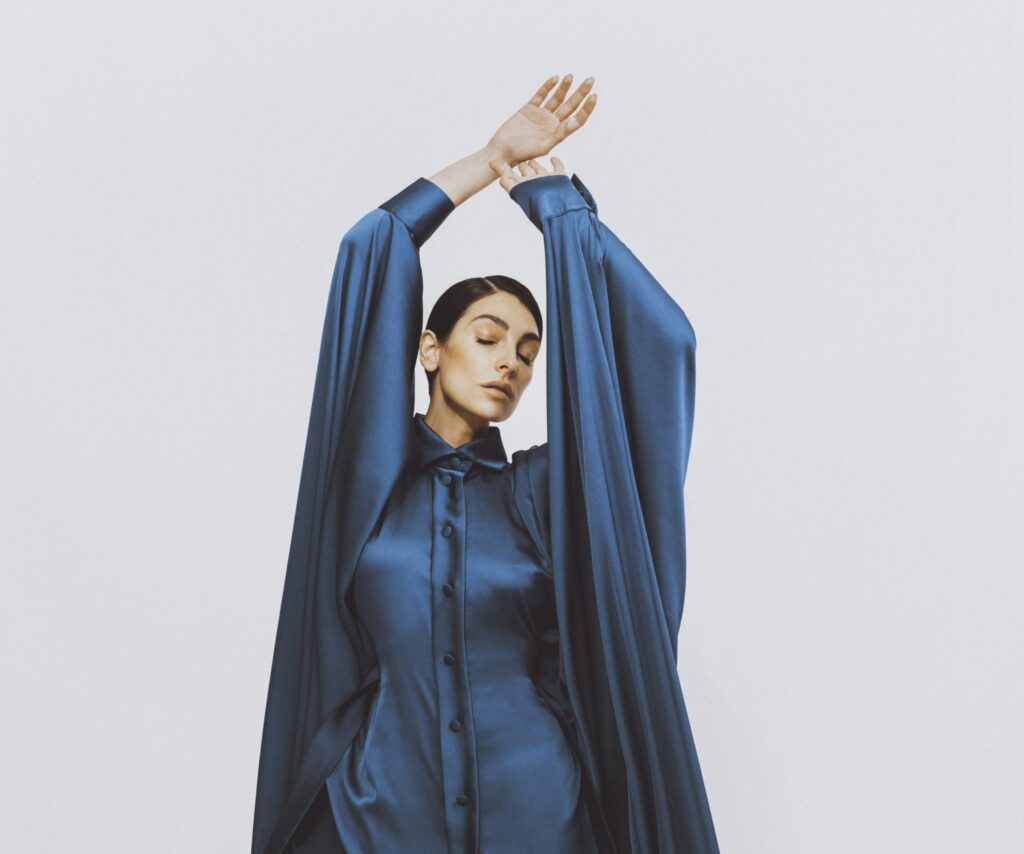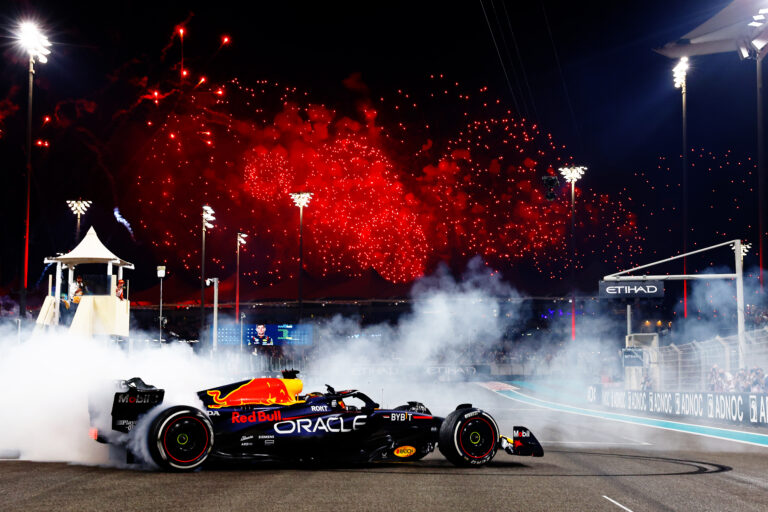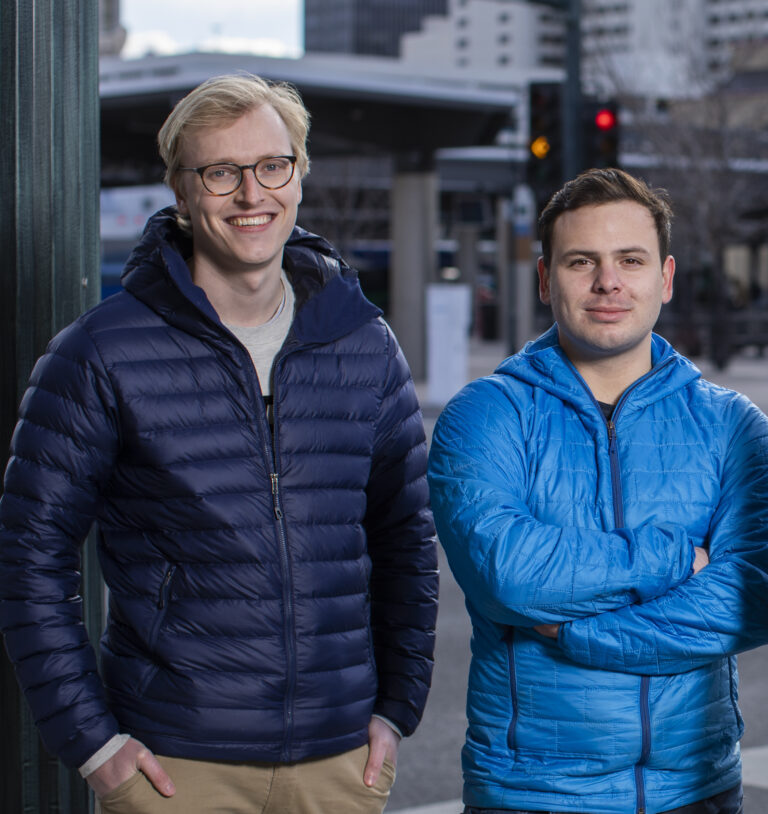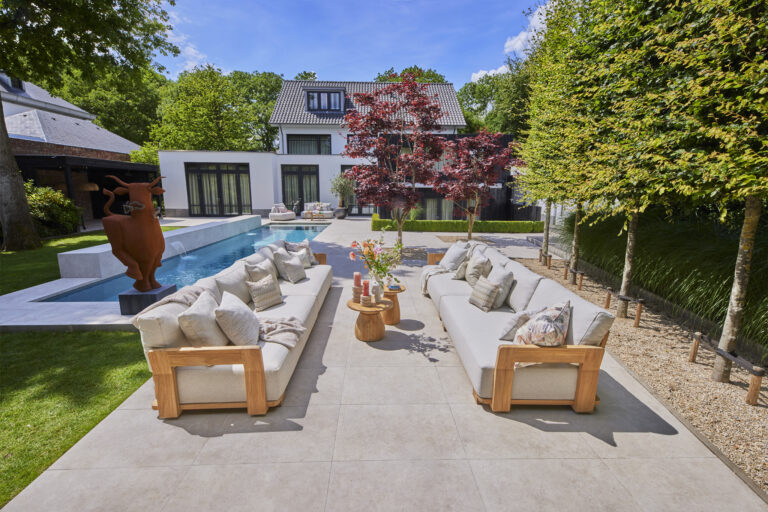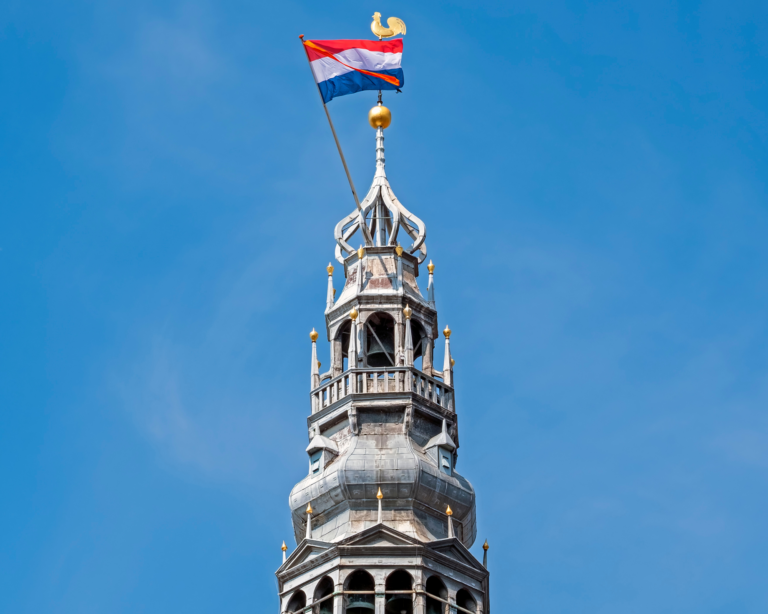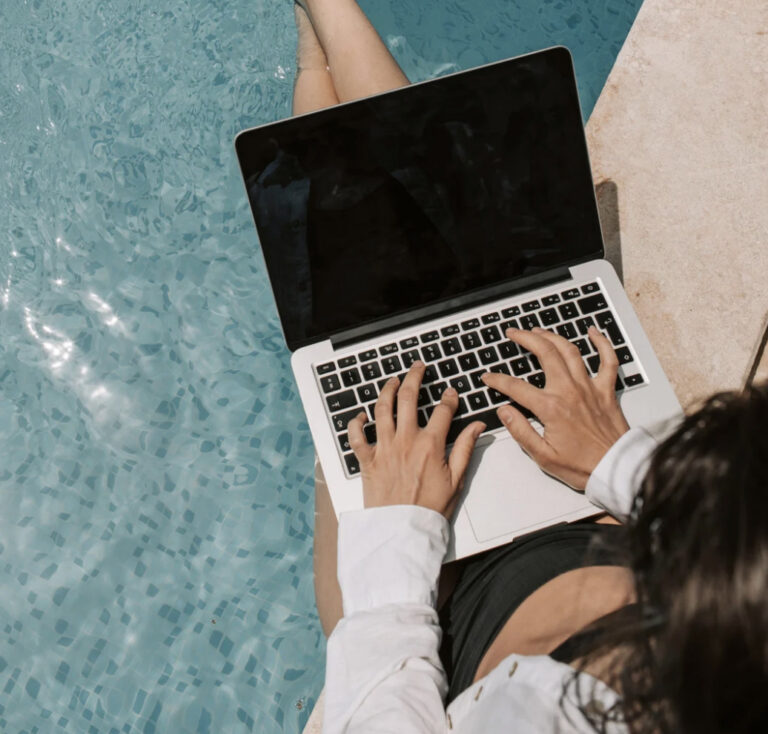Anna Nooshin (Tehran, 1986) fled to the Netherlands at the age of seven with her parents and two years younger sister to seek asylum. She became known as an influencer and has since become a top entrepreneur. In late April, her documentary Status was launched, in which she discusses her younger years. "I felt like a third-class citizen and that triggered an enormous willpower in me: I'm going to keep going until I'm very successful."
Styling: Esmeralda Schipper-Zijp
Assistant styling: Lieve Nieuwland
Make-up: Gwendolyn van Waveren
Hair: Juliette den Ouden
What are the initial reactions to the series, which can now be seen on Prime Video?
"I am very much into numbers & views, which does something in terms of ratings, but with this project that is very much out of my hands. However, my Instagram is full of only sweet DMs, mostly from women. I got so much out of it, how good of you to share this."
Did you have a purpose for it?
"Not really, because I wasn't in charge of the process at all. It took some getting used to relinquishing control and giving others the confidence. Above all, I very much hoped to see myself in the documentary. I succeeded 100 percent. Even everyone who knows me well says, 'Oh, I really see Antje in it.' Never before have I made something so intimate."
What was your motivation in making the documentary?
"In my teenage years, when I became much more aware that I didn't always feel mentally strong or comfortable in my own skin, I would have really liked to have some kind of peers who were known to a wider audience. I was looking for that too, for example in interviews on YouTube. For me it would have been reassuring if someone whom I looked up to or whom I considered successful would openly admit: 'I don't feel great every day, sometimes I'm also searching. And that's okay.' I hope little Anna's who see this realize that you will fall often, but that the real loss is only in the moment you give up. "For months you were followed by the camera. What was that like?
"The first interviews with documentary filmmaker Niki Padidar, also an Iranian, took place in January 2021 and we filmed until just before the launch, last April 29. So you spend quite a long time on that trajectory. Not only in terms of filming, but also getting to know each other. Niki is someone who works very much by feel and, before she started shooting at all, wanted super many sessions with me first. Even though it was a long process, it never got used to having a camera around me. At most at times when I was absorbed in my work. I found it especially uncomfortable during the personal interviews and my sessions with psychiatrist Glenn Helberg. But if you want to tell something as purely as possible, that discomfort may also be visible. It doesn't have to be very serene then."
On camera, you talk with your mother and sister Aida for the first time about issues from your childhood, such as domestic violence. To what extent has making the documentary been therapeutic in that regard?
"I had no illusion that after that we would suddenly be talking about it very openly every day. It does feel like a very heavy blanket has been lifted off us - you don't have to refer to it constantly anymore. The therapeutic effect lies much more in naming the questions that are in your head. Then the answers almost don't matter anymore."
You make yourself vulnerable in the documentary. But vulnerability can also be used against you: weren't you afraid of that?
"Yep, but that didn't stop me. That negativity will come anyway. For ten years I did a lot less vulnerability and then I wasn't spared either. And I struggle with that. In the docu you see me crying out to my mother because they've been so mean to me. I find that quite painful to watch back. You're a grown woman after all! Who cares what others say about you? But that just affects me a lot. I've always wanted to feel acceptance and love. And when you don't get that, you take it very personally, because it is about you personally. Whereas, in the end you have to realize: they have no idea who you are. It is my process to learn to deal with that. My intentions are good, I know what I do, what I show, how I am to my friends and family. Then it's breathing in and out and let go, let God. There's not much you can do about that. Currently I am in a phase where I am less anxiously trying to be liked. Now I am already much more chill with that hate, because I know: at least with the docu I have one thing in which I see myself fully reflected. And in which, in my opinion, if you watch the docu as a human being with empathy, you also see just a girl doing her best. "Dress: BenchellalHowwas it in 2011, when you started using social media?
"Everything was new and I was very different in my skin. In the 11 years I've been in the business, your own perception also changes a lot. Those first years were not at all about the things it is about now: the verbal abuse, the cancel culture politics and everything that goes with it. Also, the question of "how real or how vulnerable should you be?" didn't come into play then. Everything came naturally. I didn't feel in those ten years that I wanted to be as vulnerable as I am now. I was on autopilot doing what I was doing."
Did you like it more at the time?
"Much more fun! Now you have to pay more attention. But that doesn't only apply to my little world: in every industry nowadays there is a high alert and you have to be very aware. I feel that in today's society the first thought is: how do I get ahead as an individual? Whereas you have to do it all together. And I miss that feeling very much in recent years."
You are known as an influencer and entrepreneur, in Status also zooms in on where you come from. As a refugee, did you ever dream you could be so successful?
"I didn't necessarily think this was going to be it, but from the moment we lived in Aalsmeer - when I was about ten or eleven years old - a button did flip with me: this is not going to be my life forever! This was due to small setbacks. For example, it was confronting to hear that the second-hand sweater I wore at school belonged to a classmate's discarded clothing. And that when I was there at the door, a friend's mother literally said, "Oh, you're coming to use our services again? That made me feel like a third-class citizen. And that triggered a tremendous willpower in me: I'm going to keep going until I'm very successful. But I didn't yet know in what form that should be."
Did you have dreams?
"Yes, I've always had a lot of dreams, but I have to add that I'm a realistic dreamer. I wasn't going to be a pop star; I just don't have that talent. I did dream that I would become famous writing books or plays, that I would roll into fashion or work at the United Nations. "Dress: Benchellal
MASTERS MAGAZINE
Want to read more of this interview? In the summer edition of MASTERS, an interview with Sven Kramer, a driving impression of the Bugatti Chiron Super Sport (> €4 million) and an examination of Max's Effect. But above all, we feature people who bring light into the darkness. Like Henk Jan Beltman, who took over Tony's Chocolonely because with a business you can make the world a more beautiful place. Chef Emile van der Staak, who has the ambition to change our food culture and therefore cooks with plants and vegetables sourced from the food forest. Designer Nienke Hoogvliet, who has introduced natural seaweed paint as an alternative to harmful textile dyes. And Anna Nooshin, who denounces the current social media culture of pretty pictures. In her documentary, she also shares the less beautiful aspects of her life. "In the hope that someone who recognizes, for example, the domestic violence or the struggle with your mental well-being, can take comfort from the fact that I've been through that too and am still standing." All of these are people who ask questions, hold up mirrors, make strides. Steps toward a healthier world and more understanding society.
MASTERS #50
Also read: "Hidden: a unique fine dining far off the beaten path"

